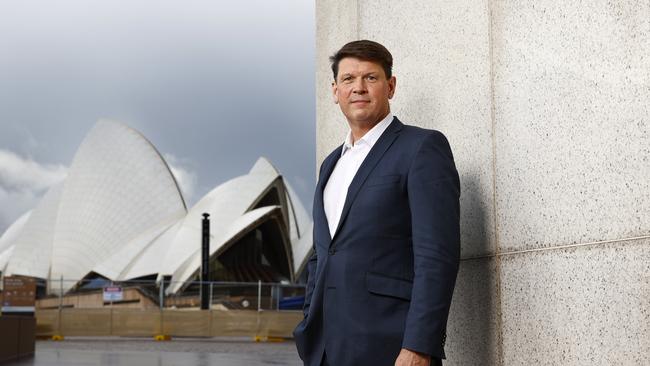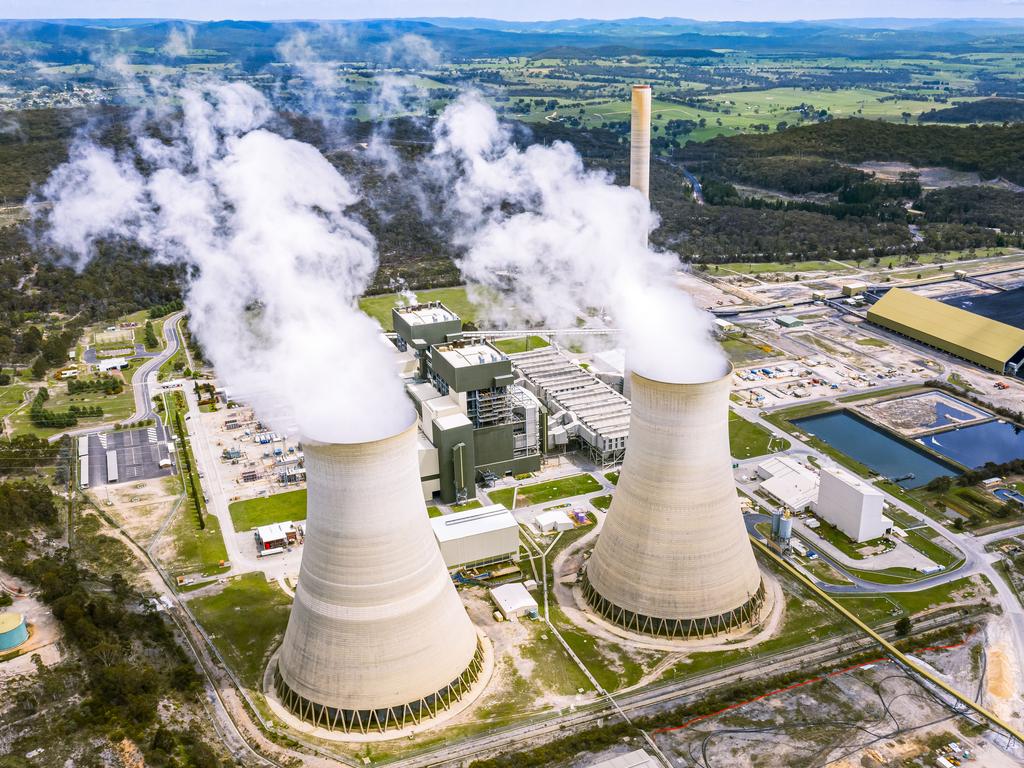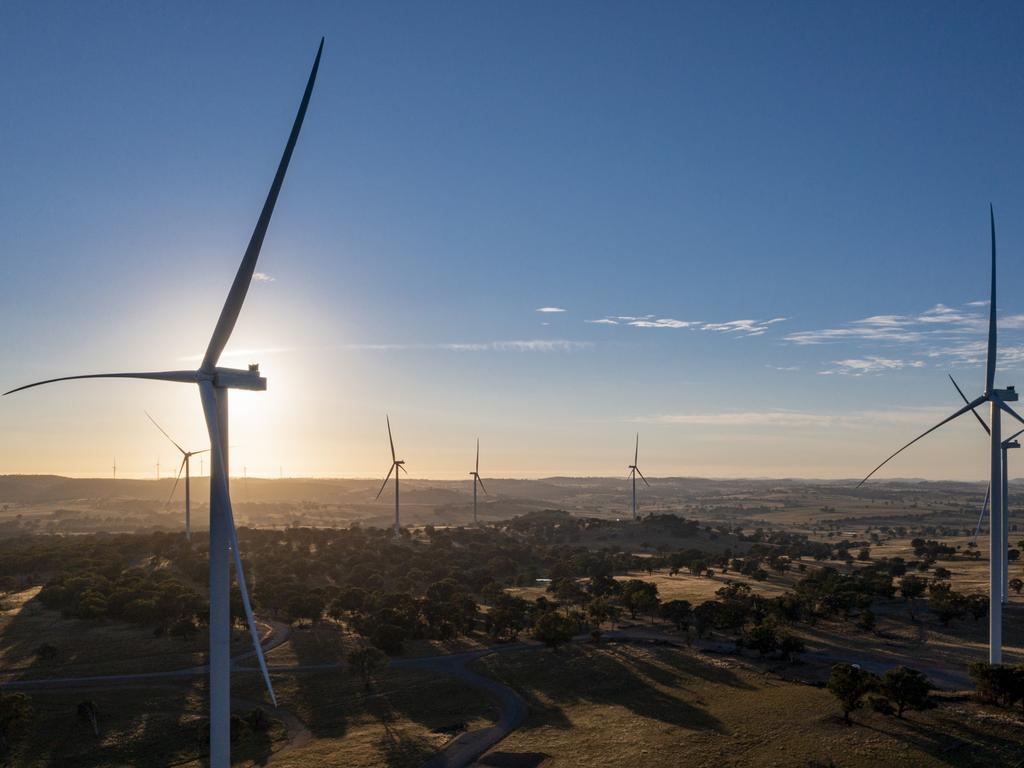No end in sight for crisis, but green switch needed: sector
Renewable investors and executives warn the international energy crunch underscores the need to boost a switch to green electricity.

Renewable investors and executives have warned an international energy crisis will be extended with high commodity prices and tight supplies likely to remain in place, underscoring the need to boost a switch to green electricity.
Gas shortages in Victoria threaten to plunge the nation‘s electricity market into a fresh crisis while a bulging compensation bill from the market suspension in June is set to be passed through to households who will be slugged with higher bills.
With Europe also on edge over gas supplies being shut off from Russia, the $100bn investment giant QIC said there were signs that the energy crunch could deepen both locally and overseas.
“I think that we‘re in for some challenging years because I don’t think that the global prices are going to resolve themselves quickly,” QIC partner Angela Karl told the Clean Energy Summit on Tuesday.
While a host of countries have vowed to use volatile fossil fuel prices to speed up a transition to clean energy, economies may need both a short-term fix to arrest the crisis while also boosting investment in renewable and storage projects.
“I feel like where we are – and that is reflected in the other markets around the world – is at a tipping point to move towards that dominant variable renewable energy grid, but we haven‘t quite worked out how to get there yet,” Ms Karl said. “And there are enormous amounts of investments that required for us to do that, at the same time as having the global energy crisis, which is really around the old commodity prices.
“And there’s this sort of tension with some of the markets as to do we go backwards or do we go forwards,” she added.
“I‘m really pleased to see that Australia’s impetus is to keep moving forwards and actually to accelerate.”
TransGrid chief executive Brett Redman – the former boss of AGL Energy – said while in Australia the energy debates centres around cost and carbon given the nation’s vast resources, the focus offshore was increasingly security of supply as the dominant factor.
“When we‘re competing through our supply chains for labour and materials, we’re going to be competing with countries that are deadly worried about the gas pipe being turned off, and what does that mean to those countries. Therefore the impetus to get on with it is even more ferocious and will last even longer than what we might otherwise think,” he said.
Triple the level of renewables will be required by 2030 to replace ageing coal generation in Australia and clean energy developer Goldwind Australia said it was concerned as to whether enough investment would be made in the grid this decade.
“Probably the concern that I’d have is do we have the pathways clearly enough mapped out and the constraints being addressed to enable this rapid development,” Goldwind director John Titchen said. “If we don’t have sufficient development, then what are the implications for the community and for industry in terms of energy cost. So we need to make sure that we have an unblocked pathway to this transition to probably get ahead of where we think we need to be, which is very challenging because we need to be extremely quick.”
The Australian Energy Market Operator, which runs the electricity network, said the country is undergoing a “complex, rapid and irreversible” change to its energy system which will need a nine-fold increase in wind and solar capacity by 2050 to meet net zero emissions targets.
Nearly two-thirds of all coal capacity will be shut down by 2030 under AEMO’s plan. The exit of coal, which provides more than 60 per cent of current electricity capacity, will require triple the current levels of hydro, gas and batteries to replace the fossil fuel by 2050 with double the amount of electricity needed as transport, heating and industrial processes are electrified.







